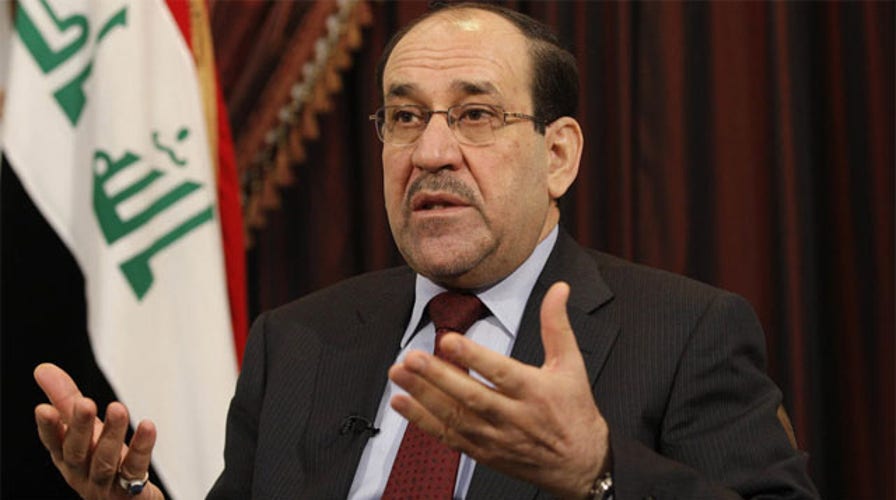How a change in political leadership will help Iraq
Nouri al-Maliki's policies come into question
President Obama is poised to repeat a catastrophic mistake in Iraq that President George W. Bush made in May 2003. At the time, Bush formally disbanded the Iraqi Army and banned senior members of the Iraqi Baath party — both predominantly Sunni institutions — decisions that many Sunni Iraqis concluded gave them no hope of a prominent place in a future Iraq.
Sunnis were the technocrats who populated the ministries and staffed the army — members of Iraq’s experienced middle class who would happily have supported new leadership, had they been offered a serious role. Instead, they felt banished, and by the end of 2003, an insurgency had taken hold.
[pullquote]
Despite his many atrocities, Saddam Hussein knew Iraq. In his debriefings after his capture, he repeatedly said whatever happened, it was critical to exclude from government the “turbans,” as he called the theocrats who rule in Tehran and their Shiite counterparts in Iraq, as well as Sunni religious leaders. Religion was fine, he said, in its place. “We don’t like to mix religion and politics,” Saddam said in one session.
He also emphasized the importance of responding to the needs of Iraq’s many tribes, clans and sects, balancing power among them.
Flash-forward a decade. Obama is now confronting a situation in which many secular, westward-oriented Iraqis feel excluded by Prime Minister Nouri al-Maliki — a corrupt Shiite autocrat.
Attempting to form a coalition and start his third term in office, he has compensated for his diminished support by doubling down on his base — largely Shiite tribal and political groups. He has ousted his Sunni vice president, arrested Sunni competitors on phony charges and alienated the bulk of the Sunni Arabs, roughly 20% of the population.
The radical, violent ISIS, so extreme that even Al Qaeda has criticized it, could not have defeated a 250,000-man, U.S.-armed and trained Iraqi Army and captured three major Iraqi cities and Iraq’s largest oil refinery in Baiji without sympathizers and, at the very least, an alienated population. ISIS’ terror and brutality have found a receptive audience, at least temporarily, among the Sunnis who otherwise have little in common with such fanatics.
Obama is now contemplating including Iran in an anti-ISIS coalition and providing military and intelligence support to Maliki’s government. Both steps would be disastrous.
To continue reading this column in the New York Daily News, click here.

